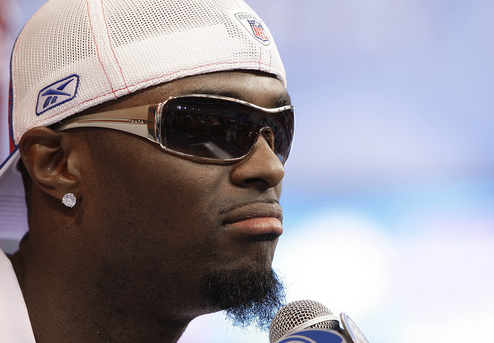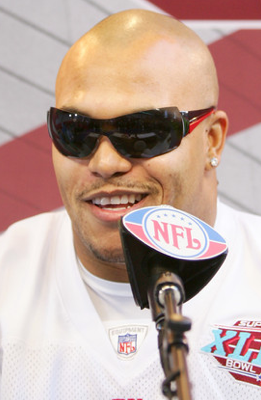According to the Chicago Tribune, the Dutch Cabinet has asked parliament to ban burqas from all schools. “‘I value being able to look somebody in the eye,'” Prime Minister Jan Peter Balkenende said, referring to the fact that the robes cover a woman’s face. “‘I find it unpleasant.'” The PM may be referring to the Afghan chadiri, which, unlike many burqas, covers the eyes:
I have to admit this habit spooks me too. It even was too much for libertarians, who banned one of their own from the US national convention. (She’s the one behind the veil in this photo.) At least the PM was honest enough to say that it bothered him, rather than pretend that he cared about lending support to a cultural practice that restricts women. After all, what’s more important?
I post on burqas from time to time because of how they raise important questions about the relationship between liberalism and norms of transparency. The PM’s comment may seem idiosyncratic but carries a set of common assumptions about how civil interaction presumes some openness to others’ scrutiny, how social trust depends on being able to assess character, how the eyes are sources of information about a person, and how good judgment includes aesthetic reactions. These notions can each be debated at length, but that is not where I’m going today. Instead, let me suggest an alternative headline for this post:
Dutch Cabinet Bans Sunglasses
The problem is that the reason given by the PM for banning burqas applies equally well to a widely accepted practice of veiling in the West. I am referring to wearing sunglasses when in public, like this:
The caption read, “New York Giants wide receiver Plaxico Burress listens to a question during media day for Super Bowl XLII.” Wide receivers probably don’t have eye problems, so I’ll bet this was a matter of choice, just as it was for Antonio Pierce:
So it’s not a black or white thing, either. It can get bright outside in Phoenix, but the first photo has clouds in the background and the same slide show had photos of other players not wearing shades. No, these dudes chose to cover their eyes and the reason probably had a lot more to do with “media day” than the weather. They are withholding visual access to their eyes, an act of resistance within a liberal social order. And it would not be news that wearing sunglasses makes people uncomfortable; indeed, that is one reason to do it.
Now this may not mean much to the Dutch cabinet. Some might say that the comparison doesn’t hold since the players haven’t really attended school, but that’s beside the point. The question is, why can pro athletes, rock stars, movie people, and anyone who wants to imitate them cover their eyes in public, while women who have little choice to do otherwise are punished for it?
Photographs: unknown; Julie Jacobson/Associated Press; Harry How/Getty Images.



First things first, your Tribune url is broken. It doesn’t mean I didn’t find the article via search, but that isn’t going to yield a stable result.
Second, I’d like to point out that, for either of those two gentlemen you’ve pictured, in under two minutes on the internet I can discover their educational, professional, and a good deal of their criminal histories. Furthermore, in event like media day they don’t have the option NOT to answer questions or remove themselves from the spotlight, at least not without incurring costly league fines. Now, of course, they are also highly paid for their exposure, as those rocks in their ears indicate. In such circumstances, are the sunglasses really hiding anything?